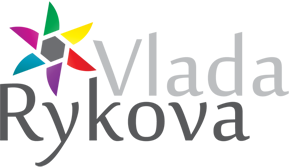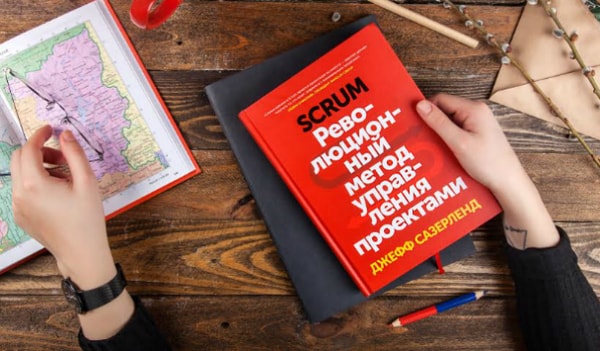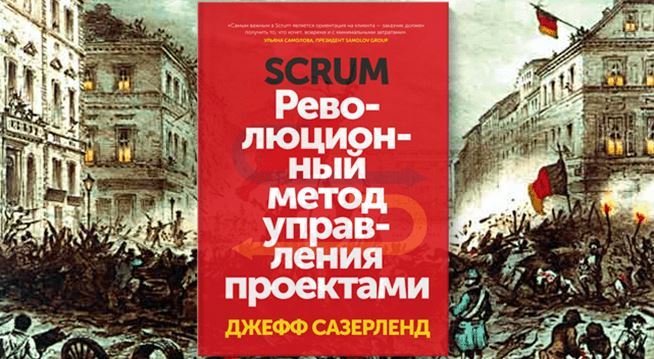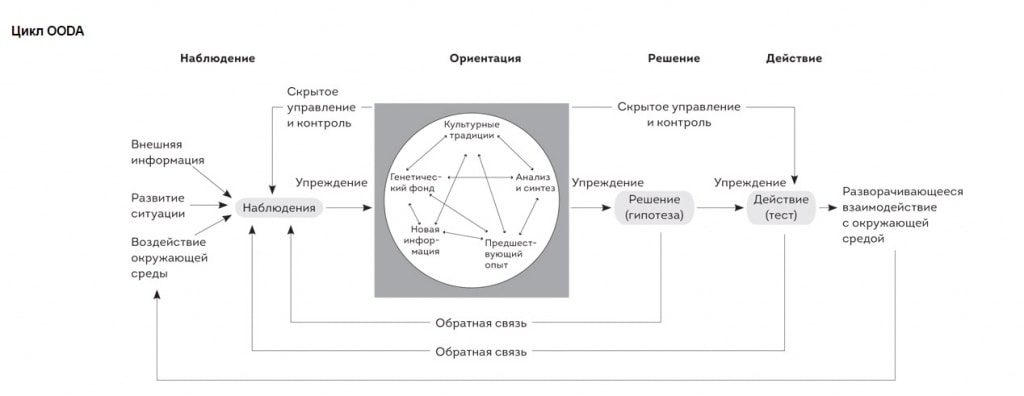Best quotes from Jeff Sutherland’s Scrum: A Revolutionary Project Management Method
a) Scrum is when commitments are fulfilled by smaller forces, in a shorter time and at low cost. This requires coherence, unity of opinion and a clear understanding of the goal.
b) Management requires accountability and predictability.
c) Manifesto:
- People are more important than processes.
- The actual work of the product is more important than the documentation that fixes what and how the product should do.
- Cooperation with customers is more important than discussing the terms of the contract with him.
- Responding to change is more important than sticking to the original plan.
d) Great teams: multifunctional, autonomous, decision-making teams with a focus on improving their capabilities.
Team dynamics only work well in small groups. The classic version is seven people, plus or minus two more.
Change team productivity. This will give a much greater effect – several orders of magnitude greater – than the productivity of an individual employee.
e) Don’t look for bad people, look for bad systems – systems that encourage bad behavior and reward bad work.
f) The Scrum Master asks each member of the group three questions:
- What did you do yesterday to help the team complete the sprint?
- What will you do today to help the team complete the sprint?
- What obstacles stand in the way of the team?
Daily meetings on the go:
- every day;
- at the same time;
- no longer than 15 minutes;
- ask the same questions;
- everyone must stand.
g) Break your work into parts. Which can be done in equal, hard and short time intervals.
Demonstrate or die!
Throw away your business cards.
Information saturation speeds up work.
h) Three types of losses:
- losses due to unreasonable use of resources; (Type 1 – “absurdity” or inadequate / unattainable goals, type 2 – “inadequate expectations” – do not overwork, type 3 – “overload” – any meaningless activity, type 4 – “emotional” – fire assholes).
- losses due to uneven treatment of resources;
- any losses associated with the production process.
i) If you make a mistake, you must correct it immediately, as soon as it is discovered.
If you work too hard, you get more work.
Instead of planning everything in advance, refine the plan throughout the project.
g) Use the Fibonacci sequence (each subsequent number is equal to the sum of the two previous numbers: 1, 2, 3, 5, 8, 13, 21, 34, 55, 89, 144) when evaluating tasks.
Use an anonymous method, like Delphi, to avoid being influenced by other people’s opinions, avoid the halo effect, herd and groupthink.
A collective assessment gives us much more accurate results than an individual one.
k) Any story must meet the INVEST criteria: (Independent. Negotiable. Valuable. Estimable. Small. Testable).
- Completeness, feasibility, independence (Independent).
- Openness (Negotiable).
- Value.
- Evaluation (Estimable).
- Conciseness (Small).
- Testability (Testable).
l) Dynamics * time = result.
m) The emotional state of the group is no less important than its intellectual potential.
You can be outstanding only if you feel happy. As soon as a person becomes joyful, he immediately takes the first step towards success.
n) At the end of the sprint, each member of the group must answer a few questions:
- Rate your role in the company on a scale of one to five.
- Rate the company as a whole on the same scale.
- Why do you think so.
- Name the thing that can make you happier in the next sprint (independence, mastery, purpose, namely: the ability to control your own destiny, the feeling that you can overcome everything,
- the understanding that you are serving a higher purpose).
One thing that definitely has nothing to do with happiness is contentment.
o) The principle of prioritization: from the list of tasks, select those that:
- are of the greatest importance for the progress of work on the project;
- most important for the customer or future consumer;
- will bring the maximum income;
- easiest to implement.
p) Try to figure out how to bring the greatest benefit in the shortest time with the least effort – and immediately get to work.
q) The scarm master is responsible for how to do it, the product owner is responsible for what to do.
In any company, you first need to make employees feel free, and then accustom them to the responsibility that follows from this freedom.
Internet marketing expert. Head of marketing agency MAVR.
Business degree “Master of Business Administration” (MBA).




